Top Cyber Security Skills Professionals Recommend Having
Cyber Security is a high demand career with a lot of opportunities. The roles offer competitive pay, growth opportunity, job security, and exciting daily tasks with the chance to make a difference. There are many different avenues that can fit with individuals’ career objectives or goals.
—
COVID-19 Pandemic Increases Demand for Cyber Security Talent
COVID-19 has caused the shutdown of major industries, the loss of millions of jobs, and the highest unemployment rate in the U.S. since the Great Depression. Finally, there is some good news in the midst of the current economic climate, Cyber Security is still in high demand. Companies are continuing to look for open cybersecurity positions and also adding new roles. Today’s uncertainty has reinforced the cyber security industry and the importance of securing networks, technology, and personal activity especially as the world has shifted to remote and distance work.
Top Sought After Cyber Security Skills
—
Soft Skills:
Active listening and clear verbal and written communication
Attention to detail
Humility and the curiosity to seek new skills and information
Creative and technical problem solving
Adaptability and a team mindset
Radiating calm when it feels like a storm
—
Hard Skills:
Explain technical topics in plain English
Computer science fundamentals
Pick up a subfield and become an expert
Know at least one program or scripting language
Be familiar with the attack tools/techniques in the MITRE ATT&CK® framework
Tracking complex engagements and managing multiple pieces of evidence
Information management and high-risk decision making

Cybersecurity Engineer
Cybersecurity engineers work to build and maintain a system that’s safe against cyberattacks. They focus on fixing and protecting these systems and stay up to date on new technology so they can keep their system secure. Cybersecurity engineers work closely with a company’s IT team to build an emergency plan to get things up and running quickly following a disaster.
Knowledge and Skills:
- Solid Work Habits – Eagerness to dig into technical questions and examine them from all sides. Enthusiasm and a high degree of adaptability. Strong analytical and diagnostic skills. A current understanding of common web vulnerabilities. Maintaining awareness and knowledge of contemporary standards, practices, procedures and methods.
- Soft Skills – Excellent presentation and communications skills to effectively communicate with management and customers. Ability to clearly articulate complex concepts (both written and verbally). Ability, understanding, and usage of active listening skills (especially with customers!).
- Technical Skills – Intrusion detection system, intrusion prevention system, penetration and vulnerability testing. Firewall and intrusion detection/prevention protocols.
- Security Skills – Secure coding practices, ethical hacking and threat modeling. Application security and encryption technologies. Identity and access management principles
- Systems – Windows, UNIX and Linux operating systems
- Technology – Virtualization technologies
- Database – MySQL/MSSQL database platforms
- Network Skills – Subnetting, domain name server (DNS), encryption technologies and standards, virtual private networks (VPNs), virtual LANs (VLANs), voice over IP (VoIP) and other network routing methods. Network and web-related protocols (e.g., TCP/IP, user datagram protocol (UDP), IP security (IPSec), HTTP, HTTPS, routing protocols, etc.) Secure network architectures
- Threat Management – Advanced persistent threats (APT), phishing and social engineering, network access controllers (NAC), gateway anti-malware and enhanced authentication
Useful Certifications
- Certified Information Systems Security Professional (CISSP)
- Certified Information Systems Auditor (CISA)
- Certified Information Security Manager (CISM)
- CompTIA Cybersecurity Analyst (CySA+)
- CompTIA Advanced Security Practitioner (CASP+)
- CompTIA Linux+
- CompTIA PenTest+
- Certified Network Defender (CND)
- Certified Ethical Hacker (CEH)
See our Schedule

Network Engineer
Network engineers, sometimes known as network architects, are responsible for building and designing communication networks, including local area networks (LANs), wide area networks (WANs) and intranets. These systems can be as simple as two computers and as complex as multi-system enterprise networks with cloud integration.
Knowledge and Skills:
- Solid Work Habits – Eagerness to dig into technical questions and examine them from all sides. Enthusiasm and a high degree of adaptability. Strong analytical and diagnostic skills. A current understanding of common web vulnerabilities. Maintaining awareness and knowledge of contemporary standards, practices, procedures and methods.
- Soft Skills – Excellent presentation and communications skills to effectively communicate with management and customers. Ability to clearly articulate complex concepts (both written and verbally). Ability, understanding, and usage of active listening skills (especially with customers!).
- Communication Skills – Depending on the nature of the company or organization you’re employed in, you may be expected to troubleshoot networks for clients or handle front-end network issues. So you will need to have customer relationship skills in order to communicate and fix issues they have.
- Problem Solving Skills – It’s crucial to have the analytical skills to understand where a problem is originating from, and have a dedicated troubleshooting process to effectively solve the issue and prevent it from happening again. If the DNS is down, then it takes the network with it, which makes knowing how to troubleshoot it critical in a connected environment.
- Technical Skills – Ability to handle network security and deploy and maintain firewalls within the network.
- Network Skills – Need to be familiar with different types of networks and architectures (including WAN, LAN, SD-WAN, SD-branch, and so on) and how they can be integrated into an existing system. As new network types emerge, it’s crucial to stay educated on new developments. Understand IoT and how to secure it with 4G and 5G networks. You should know how to work with an MPLS-exclusive network, and, more commonly, hybrid WAN networks.
- Scripting Language – Should know general-purpose scripting languages such as Python, Ruby, and Perl, which are the most popular for enterprise-grade networks.
- Automation – Should know automation-friendly languages such as Java, Terraform and Ansible, as more network functions become automated. You must be able to work with automated network functions so they can best allocate network and IT resources. You may have to help develop automated functions yourself, though usually an automation engineer will be in charge of this.
- Major network hardware vendors – It’s key to be aware of the major network hardware vendors and what products they offer; while you may not be making the purchase decisions directly, you will be expected to know the networks’ needs that form the basis for these purchase decisions. As well, you will be expected to work with and maintain the network infrastructure.
Useful Certifications
- CompTIA Network+
- CompTIA A+
- Cisco Certified Network Associate (CCNA)
- Cisco Certified Network Professional (CCNP) Enterprise
- CompTIA Linux+
- Automation with Python
- Red Hat Certified Systems Administration I (RH124)
See our Schedule
Cloud Architect
Cloud Architects are Information Technology (IT) professionals in charge of building and deploying applications, plans and strategies within and relating to their organization’s computing cloud. Their job includes monitoring cloud activity, designing and migrating applications, planning courses of action and defining computing loads, among other things. Cloud Architects occupy a unique place within the field of Information Technology, since they not only lead teams and create strategies like a non-technological manager would, but also use and possess strong technical knowledge in that same way that a technological engineer would.
Knowledge and Skills:
- Good knowledge of at least one operating system: Linux, Unix, Solaris, Ubuntu, Windows. My preference is any Linux operating system (e.g., Ubuntu or Red Hat), but prior experience as an administrator or architect in any of the well-known operating systems is also helpful.
- Good understanding of networking: TCP/IP, IP addresses, HTTP, DNS. I suggest that you have some familiarity with these concepts before pursuing a role as a cloud architect.
- Computer programming languages: You will need at least a minimal understanding of a programming or scripting language. This is probably not a must, but it will definitely help.
- Security: Security in the cloud is important, and consequently, a high-level understanding of key security concepts is a must for a Cloud Architect. So an initial knowledge of some basic security concepts, such as firewalls, is necessary.
- Devise Solutions: Once a problem has been identified, it’s up to the Cloud Architect to collaborate with software programmers and engineers in order to come up with possible solutions to that problem. The Cloud Architect must then recommend the solution that they think is best and oversee the implementation of that solution until the problem has been solved or reduced.
- Data Storage: This includes knowledge of infrastructure and hardware (especially if you will be working with on-premises clouds), storage buckets, provisioning and capacity planning, and data security.
- Multi-Cloud Architecture: Multi and hybrid cloud strategies are a popular way for organizations to migrate their clouds, especially if they need to adhere to privacy regulations that require an on-premises data center.
- Communication: Content presentation and communication skills are essential, especially since cloud architects are now tasked with explaining their work to non-technical colleagues.
- Leadership/Teamwork: Cloud architects are often expected to lead a team. Being able to manage multiple people, handle ideas diplomatically, delegate, and solve problems as a group is essential.
Useful Certifications
- Amazon Web Service (AWS) Certified Cloud Practitioner
- Amazon Web Service (AWS) Certified Solutions Architect – Associate
- Amazon Web Service (AWS) Certified Solutions Architect – Professional
- Amazon Web Service (AWS) Certified Security Specialty
- Microsoft Azure Fundamentals
- Microsoft Azure Architect Design
- Microsoft Azure Architect Technologies
- Certified Cloud Security Professional (CCSP)
See our Schedule

Blockchain Engineer
As a blockchain engineer, you will be tasked with designing, developing and implementing blockchain-based solutions. Launch blockchain networks as well as develop and enhance smart contracts. Blockchain engineers and full-stack developers are versatile and self-motivated, can work in a self-directed manner or in a collaborative setting as needed, and display leadership qualities.
Knowledge and Skills:
- Software development skills – Strong experience in software development
- Blockchain fundamentals – Display a firm understanding of the basics of blockchain technology, including wallets, distributed apps, smart contracts and networks. Showing an understanding of DApps architecture and use cases. Being familiar with off-chain and side-chain transactions. Understanding blockchain platforms and frameworks. Having a grasp of cryptography. Solid grasp of core principles of object-oriented design and applications within distributed environments
- Language Skills – Proficiency in languages like Solidity, React, CSS, HTML, NodeJS, C++, Java and Python as well as development frameworks like Truffle
- Experience – Employers are more likely to hire candidates who have developed prototypes or successfully built applications using Blockchain technology.
- Communications Skills – Effective communication, good time management and mathematical, analytical and problem-solving skills
- Storage Systems – Familiarity with storage systems, front-end frameworks, cloud infrastructure and data structures
- Safety Knowledge – Experience writing safe, efficient multi-thread code.
- Familiarity with cryptography – crypto-economic protocols and P2P networks
- Possible Projects – Build back-end blockchain functionality for mobile applications. Develop PoCs to enable rapid prototyping of ideas. Write code to satisfy application requirements (for both internal stakeholders and external client). Design and develop back-end blockchain functionality. Collaborate with teams including data science, research and production management. Define blockchain systems architectures and analyzing usage statistics. Help build blockchain product specs. Participate in research as well as collaborating on or writing papers. Leverage experience with proof of stake, proof of existence, open source blockchain platforms and more.
Useful Certifications
- UiPath Robotic Process Automation Associate
- UiPath Advanced Robotic Process Automation Developer
- CompTIA Linux+
- Automation with Python
- Certified Blockchain Business Foundations (CBBF)
- Certified Blockchain Developer – Ethereum (CBDE)
- Certified Blockchain Professional (C|BP)
See our Schedule
Are you looking to get into cybersecurity without any experience?
Check out this new cyber career pathways tool from NICCS
Top 10 most popular cybersecurity certifications in 2020






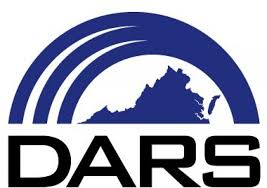

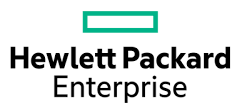







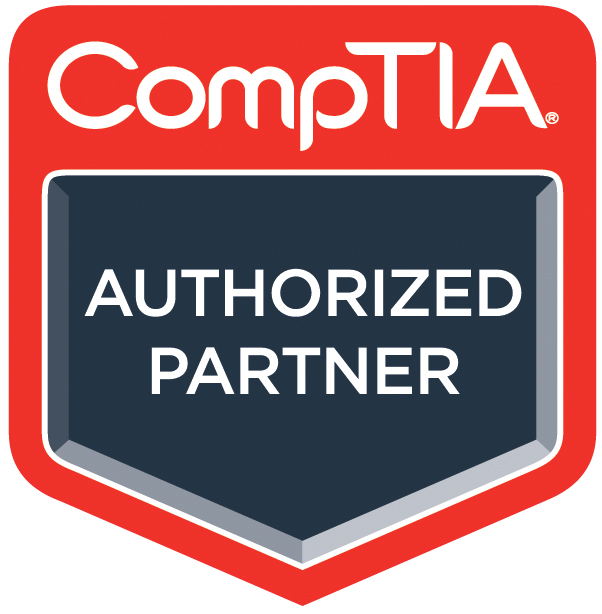


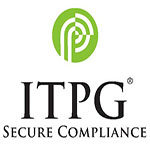









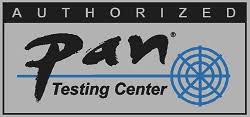

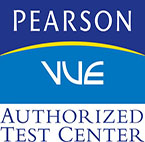
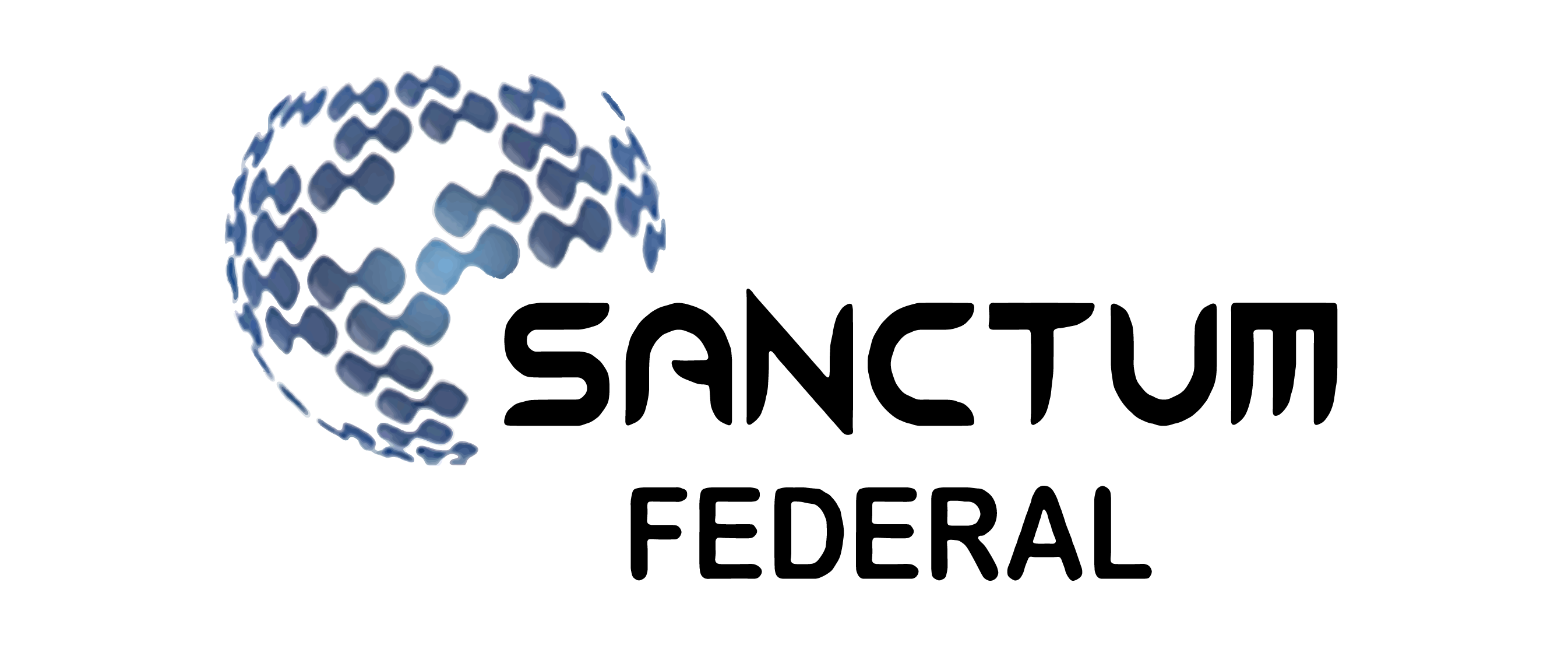

Leave a Reply
You must be logged in to post a comment.